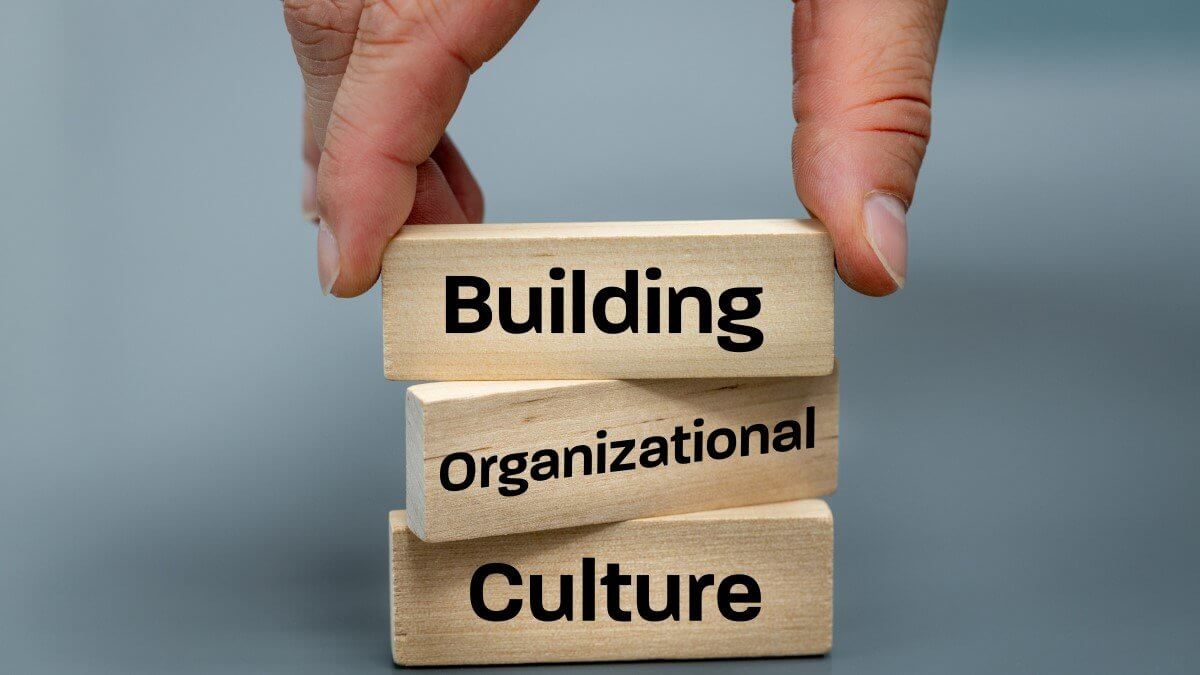Company Culture Surveys: Improving Through Feedback

In the competitive landscape of today, the significance of a robust organisational culture is undeniable. A content, engaged workforce typically yields 18% higher revenue per employee than the average. Demonstrating care and investment in your team not only boosts morale but also simplifies the recruitment of top talent, as satisfied employees are more likely to endorse your business as an outstanding workplace to their professional circles.
Understanding employee perceptions of your organisational culture—whether it motivates or hinders them—is crucial for implementing necessary enhancements to ensure your culture is as conducive to maximising productivity and success as possible.
Culture survey questions for employees
Whilst the job satisfaction survey is a common and effective starting point for assessing perceptions of your organisational culture, for many HR surveys it helps to understand employee alignment with the company's values and areas needing improvement.
Consider categorising survey questions as follows:
a) Questions evaluating employee alignment with your culture
b) Questions reviewing perceptions of your performance
c) Questions exploring employee satisfaction and improvement areas
Potential company culture questions might include:
Culture alignment questions
- "Do you feel comfortable with our employee culture? If so, why?"
- "Do you see how your role contributes to our organisational goals?"
- "What is your understanding of how our organisation defines success?"
Performance perception questions
- "Is there a strong sense of teamwork and cooperation within our company?"
- "Do you believe we act in a socially responsible manner?"
- "How well do you think we adhere to a zero-tolerance policy on discrimination?"
Satisfaction and improvement questions
- "What aspects of our organisation could be enhanced to improve your workplace experience?"
- "Are you satisfied with our performance review process?"
- "Do you feel the company offers adequate opportunities for you to voice ideas and participate in decision-making?"
For those new to conducting workplace culture surveys, exploring our employee survey templates may provide additional insights and questions.
Common good, Transformation, Self-interest
Another valuable employee-orientated assessment is the Common good, Transformation, Self-interest (CTS) diagram. This is based on Richard Barrett’s Seven Levels of Consciousness concept and expands on Maslow’s famous hierarchy of needs, which argues that humans must satisfy certain needs in sequence, if they are to attain the highest levels of personal growth and fulfilment.

Graph courtesy of Centre for Integral Transformation
The benefits of this type of assessment is that as well as gaining a solid overview of how your employees’ perceive your cultural values, it can also give you a deeper understanding of what they believe you need to focus on in order to build a stronger culture. We’ve outlined some sample questions based on their respective categories below:
Common good:
- Do you feel that you’re making a difference with your work?
- Do you feel connected with other team members?
- Are there any changes you would make to bring more value to the company?
Transformation:
- Do you think our company can adapt in a fast-changing environment?
- What do you think we need to implement to make our workflow more flexible?
- Are we doing enough to more forward by investing in new technology advancements or other innovations?
Self-interest:
- Do you feel needed at work?
- How often do you receive feedback from your leadership and your colleagues?
- How often do you get encouraged, motivated or praised for your work?
Final thoughts on improving company culture
While 60% of SME leaders (PDF) see company culture as a 'nice to have', the reality that approximately one-third of employees leave due to unsatisfactory company culture highlights the urgency of prioritisation. Investing in the improvement of organisational culture not only aids in retaining and attracting staff but also fosters a more motivated, productive workforce, offering a competitive edge.
Now is an opportune time to engage employees through culture surveys, leveraging their feedback to reinforce and elevate your organisational culture.
This blog post was originally published 31 January 2020 and updated 8 February 2024
